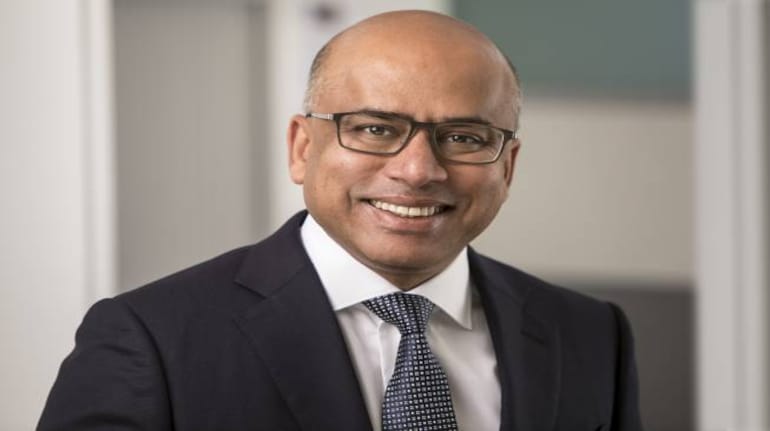



The collapse of Greensill Capital, the largest lender to Sanjeev Gupta's Liberty Steel, has put a question mark on this business of the Indian-origin commodities tycoon.
He faces formidable financial challenges, but the commodities boom that has hoisted steel prices to a 13-year high may help the entrepreneur swim ashore and fetch an attractive price for his assets if he wants to sell.
Just about a month ago, Gupta was in the running to acquire Thyssenkrupp's steel business which would have made Liberty Steel the second-biggest steelmaker in Europe, and among the largest in the world.
The script has changed dramatically since then. On February 18, Thyssenkrupp ended talks with Liberty. “We regret this step because we perceived Liberty Steel as a serious partner in the process,” Thyssenkrupp Chief Financial Officer Klaus Keysberg said in a statement.
Worse, on March 1, Greensill Capital said its main insurer had stopped giving cover on $4.1 billion of its debt portfolio. Without the cover, Greensill, which was founded by billionaire entrepreneur Lex Greensill, said it would no longer be able to fund clients such as GFG Alliance, a collection of several businesses owned by Gupta and his family, including Liberty Steel. Just a week later, Greensill filed for insolvency.
Greensill Capital was one of Gupta's biggest backers. Some say, Greensill was the entrepreneur's main lender. Gupta had spent over $6 billion over last few years in creating a metals empire that spanned over a dozen countries and now employs over 30,000 people. In India, Liberty Steel had bought Adhunik Metaliks and Zion Steels.
How bad is Greensill's situation?It's in dire straits. In Australia, it has lost a legal case that would have otherwise given it insurance cover. In Germany, regulator BaFin has begun a probe on Greensill's bank. Reports says investigations have already found irregularities, including its financing of Gupta's businesses. Big names like Credit Suisse Group and SoftBank Group may have to write down exposure worth billions to Greensill.
What does this mean for Gupta?This is what a GFG Alliance spokesperson told Moneycontrol:
“GFG Alliance as a whole is operationally strong and we are benefiting from a thirteen-year high in steel prices as well as strong markets in aluminium and iron ore. While Greensill’s difficulties have created a challenging situation, we have adequate funding for our current needs. Through our global efficiency drive we’ve improved our operations’ margins with most of our major businesses generating positive cash flows. Discussions to secure alternative long-term funding are progressing well but will take some time to organise. While this takes place, we have asked all of our businesses to manage cash carefully.”
In short?Gupta's businesses will face financing challenges. Reports quoting court filings say his family firm has already defaulted on its debt obligations. This means that customers and vendors may become a little more wary of doing business with the company.
Governments in UK, France and other countries are keeping a watch as Gupta holds considerable units in these regions, employing thousands of people. Liberty Steel has been in talks with its unions too.
How about its India operations?Executives close to the company say that the Indian operations are "small" and not impacted by the parent's troubles. It remains to be seen if expansion plans get delayed.
Is there any silver lining?There is. Like the spokesperson had pointed out, we are in the midst of a commodity boom with prices of steel climbing to record levels. This will give relief to Gupta, bringing in cash to take care of short-term obligations, like paying salaries and clearing vendors bills.
Critical now would be for Gupta to refinance his exposure to Greensill.
Is Gupta's 'steel savior' story over?Not yet. He was a seasoned commodity trader before turning eyes on manufacturing. Gupta will be well attuned to ups and downs of businesses and the turning commodity cycles. While industry pundits are already playing a guessing game on which assets Gupta will be forced to sell, this actually may not be a bad time to sell one - given the commodity boom - and save the rest.
Discover the latest Business News, Sensex, and Nifty updates. Obtain Personal Finance insights, tax queries, and expert opinions on Moneycontrol or download the Moneycontrol App to stay updated!
Find the best of Al News in one place, specially curated for you every weekend.
Stay on top of the latest tech trends and biggest startup news.